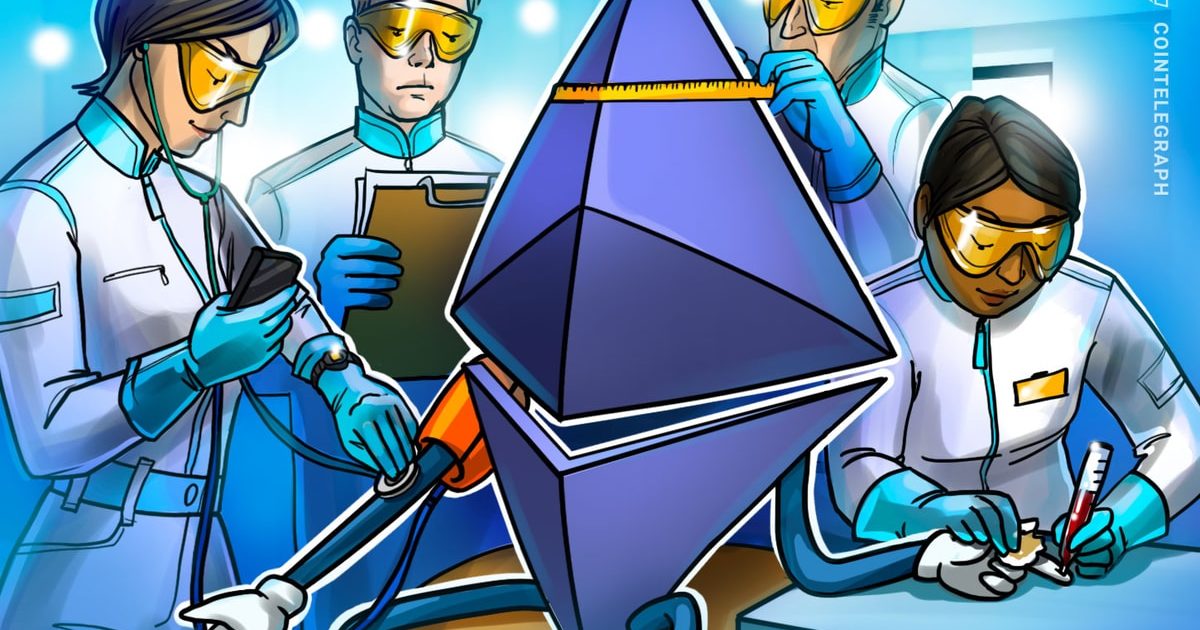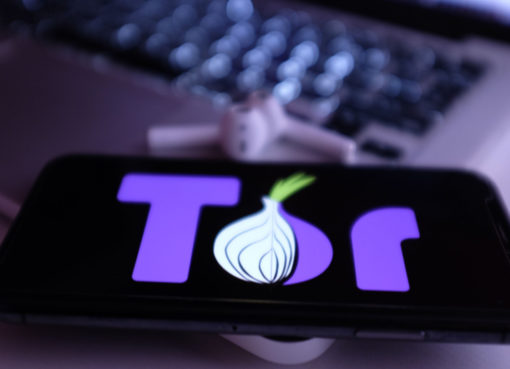The Ethereum blockchain underwent a successful Shapella upgrade on April 12, allowing validators to withdraw their staked Ether (ETH) from the Beacon Chain after three years. After seeing over 1 million ETH in withdrawals in the first week, the amount of staked ETH has now surpassed the number of ETH being withdrawn for the first time since the Shapella upgrade.
Data from the on-chain analytics firm Nansen suggests that more ETH is currently being staked than withdrawn. As of April 17, the ETH staking volume of 124,000 ETH exceeded the withdrawal volume of 64,800 ETH for the first time. In the last 24 hours, the amount of staked ETH was 94,968 against 27,076 in withdrawals. The first round was primarily partial withdrawals from Lido and old validators. It takes approximately three days to get into the withdrawal queue.
The Shapella upgrade was projected as a make-or-break situation for the Ethereum blockchain as millions in unlocked ETH posed a risk of mass selling. However, the majority of the validators are restaking their unlocked Ether. Crypto exchange Binance will open withdrawals on April 19.
Related: Ethereum price metrics hint that ETH might not sell off after the Shapella hard fork
Out of the 1 million withdrawn ETH, three addresses restaked a total of 19,844 ETH. Three addresses transferred ETH to centralized exchanges (CEXs) after withdrawal, with 71,444 ETH sent to different exchanges. Other whales did the same, with some sending it to Huobi staking addresses and a few others to CEXs, according to data shared by Lookonchain.
Most of the early withdrawals are staking rewards, and a few validators like Kraken had to exit in order to comply with the Securities and Exchange Commission ruling. Currently, 22,231 validators have signed up for a full exit out of the total of 574,624, while 910,930 ETH out of the 18.6 million ETH is slated to be withdrawn.
Another prominent reason for the diminishing withdrawals could be the ETH price, as the average price of staked ETH is about $2,137.
Magazine: 2023 is a make-or-break year for blockchain gaming: Play-to-own




